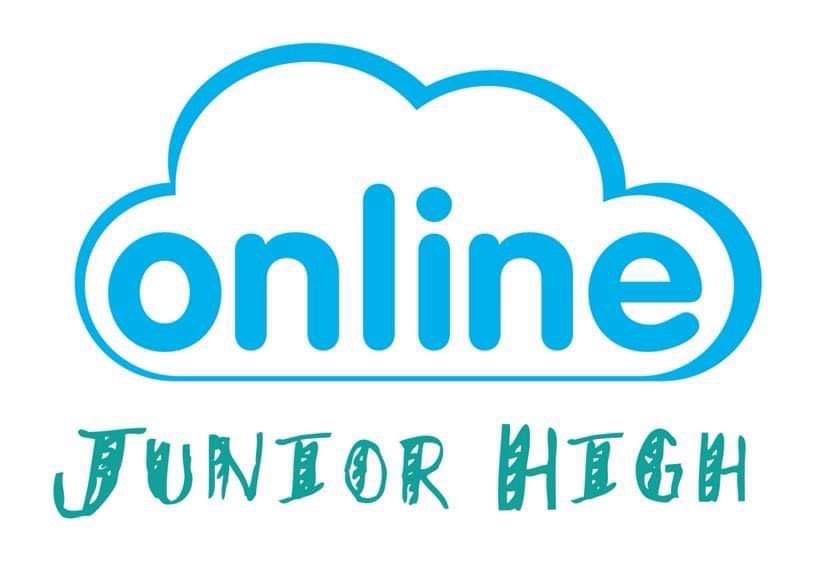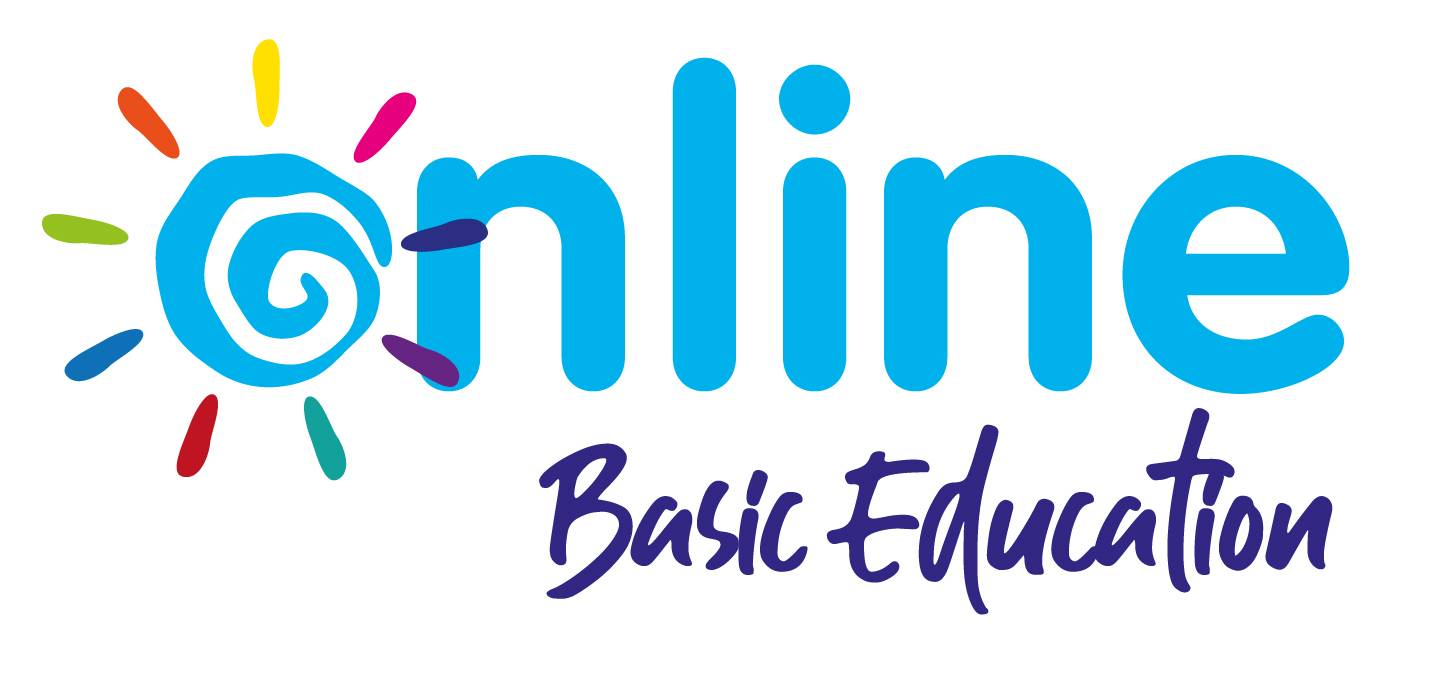In traditional schools, administrators secure their students’ safety by employing security guards, following various safety and sanitation regulations, as well as keeping their student files in a secure filing system. With the emergence of technology, schools must also consider data privacy and security in Philippine online education.
Children’s safety, both online and offline, should be a top priority. So, in this article, we’ll discuss various privacy risks, why is data privacy and security important in online education, and what OEd does to protect our students’ privacy and safety.
What is Data Privacy and Security?
Data privacy and security are concerned with the proper handling of personal data. In the field of data protection, these are separate but deeply intertwined concepts.
Data privacy focuses on the proper use and processing of personal data. It emphasizes the right of individuals to decide whether to share their personal information with an entity, and the extent to which that third party can use and share it.
The Philippines has passed the Data Privacy Act of 2012 which affirms this right. In addition, the act grants individuals the right to be informed on how their data is being used. All companies and organizations that gather data from their clients are required to comply with this law.
The Data Privacy Act also demands that individuals’ personal data be protected.
This aspect is in the realm of data security.
Data security focuses on protecting data against unauthorized access, loss, or corruption throughout its lifecycle – from creation to use or sharing, until destruction. Thus, data security also involves practices, processes, and tools used to protect data privacy.

Student Data Privacy Risks in Online Schools
In the digital world, all schools have integrated technology in one way or another. Teachers may use computers or laptops to keep student files, they may use digital or online learning platforms, some schools may use various software to manage enrollment and communication with parents, and so on.
All these methods pose some risk to students’ online security and since schools handle sensitive information, they can never be too careful.
What types of data do schools keep? There may be more than you expect:
- Personal Data: names, addresses, phone numbers, age, etc.
- Academic Data: enrollment, report cards, schedules, attendance, etc.
- Health Data: medical conditions, birthdate, learning disabilities, etc.
- Parent Data: parents’ personal information or contact details, credit/debit cards, emergency contacts, etc.
- Third-Party Data: learning apps, usernames, passwords, etc.
Without proper data privacy and security in online education, sensitive data could fall into the wrong hands and put students’ safety at risk.
Cybercriminals may attack with different methods, such as:
Phishing
Online senior high schools in the Philippines typically rely on messages to notify teachers, parents, and students of submissions, announcements, and assignments. Cybercriminals may use e-mails and other messaging platforms to trick individuals into sharing usernames and passwords or into clicking and downloading malware.
Phishing is a common tactic to get into a system inconspicuously.
Spoofing
Spoofing is similar to phishing in that it tricks people into sharing sensitive information. However, with spoofing, the cybercriminal disguises itself as a trusted entity to accomplish this. They may send communication appearing to be from the educational institution or they may create a website mimicking the school’s to get students or parents to divulge their passwords or other information.
Ransomware
Another common attack is malware which is a type of software that is designed to harm a computer network. Cybercriminals often steal data and/or disrupt system services or networks and hold them captive in exchange for some type of payment.
Cyberattackers often threaten to release or sell stolen data to other parties, leaving subjects vulnerable to identity theft, fraud, and other crimes.
Online school vs traditional school – neither is safer from cybersecurity risks and both types of schools should take precautions to protect their students. But for online schools, which are completely dependent on digital tools, the issue of data privacy and security is all-encompassing.
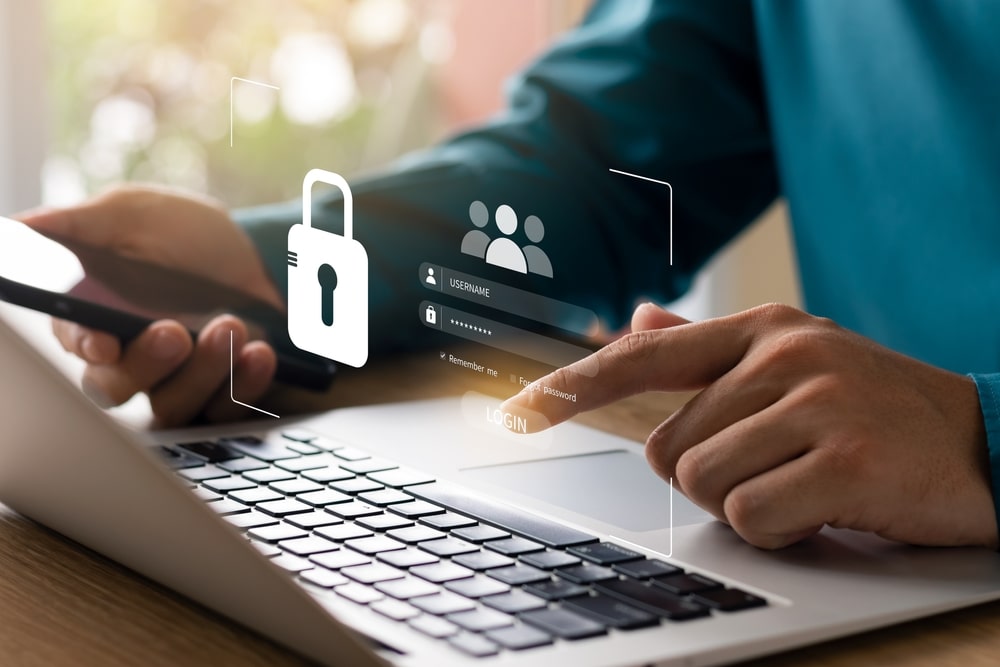
The Importance of Data Privacy and Security in Online Education
In online education, students spend most of their time online. They access class information through a portal, communicate with teachers and classmates through online messaging platforms, and attend classes via Zoom or Google Classroom. Teachers and other school personnel also store and manage their personal information digitally, if not online.
The education sector saw an increase in cyberattacks following the predominance of online education after the COVID-19 pandemic. If an online senior high school is compromised, its students and their parents become vulnerable:
Protect Students from Cyber Predators
There are individuals who are out to exploit minors. They may use stolen data to contact students pretending to be a child, a person they know, or a friend. They then bully, abuse, or threaten the students, online or offline. Such an incident could be traumatizing and dangerous for children.
Protect Students and Parents from Identity Theft
Since schools store personal information about students and their parents or guardians, compromised systems expose their information, which could lead to identity theft and credit fraud. Such crimes could be financially devastating for families.
Avoid Class Interruption
Data breaches – especially Denial of Service (DoS) attacks and consequent events — could prevent schools from holding classes. Disruptions in classes have a negative impact on students’ education.
Preserve Public Trust
Naturally, protecting students’ safety is the primary goal. However, it is also true that doing so is crucial for the school’s reputation. Parents and guardians may pull out their children from the online school if they learn that the school has been compromised, and especially if a student has been harmed.
Avoid Lawsuits
Failing to protect students’ data privacy exposes the educational institution to lawsuits. As discussed earlier, data privacy is protected by the Data Privacy Act of 2012. So, schools can be held liable in the event of a data breach.
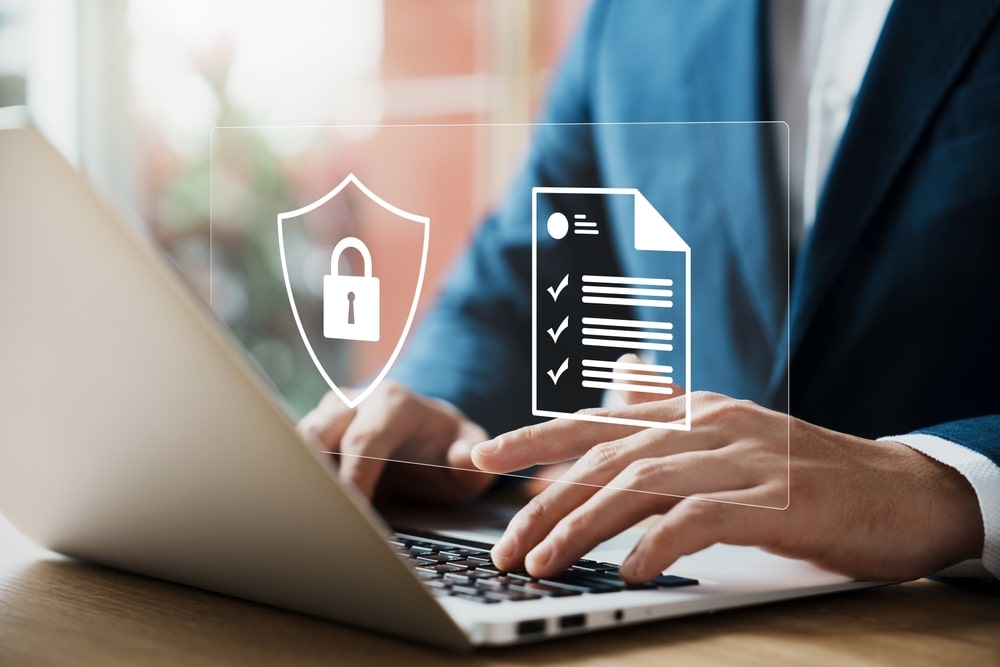
How Do Online Schools Value Data Privacy and Security?
As an online education platform, OEd SHS understands the immense importance of data privacy and security in education. You can rest assured that this is a priority for us, next to ensuring high-quality education.
OEd SHS has a clear privacy policy that is aligned with the Data Privacy Act of 2012.
We also employ best practices in data protection and security. Our websites, learning platforms, and computer networks are well-protected. We verify the legitimacy and security of third-party service providers and only share the necessary data with them.
Moreover, we educate our staff on the importance of data protection and the best practices in cybersecurity, so they don’t fall prey to various attacks.
We are also aware that students and parents may be targeted, so we employ security measures to protect users when they access our websites. For example, students are asked to use a strong password and to change it periodically.
Data privacy and security are a complex endeavor that demands the efforts of all parties involved. We also rely on parents and senior high school students to educate themselves on common or new cyberthreats and how to protect themselves from cyberattacks.
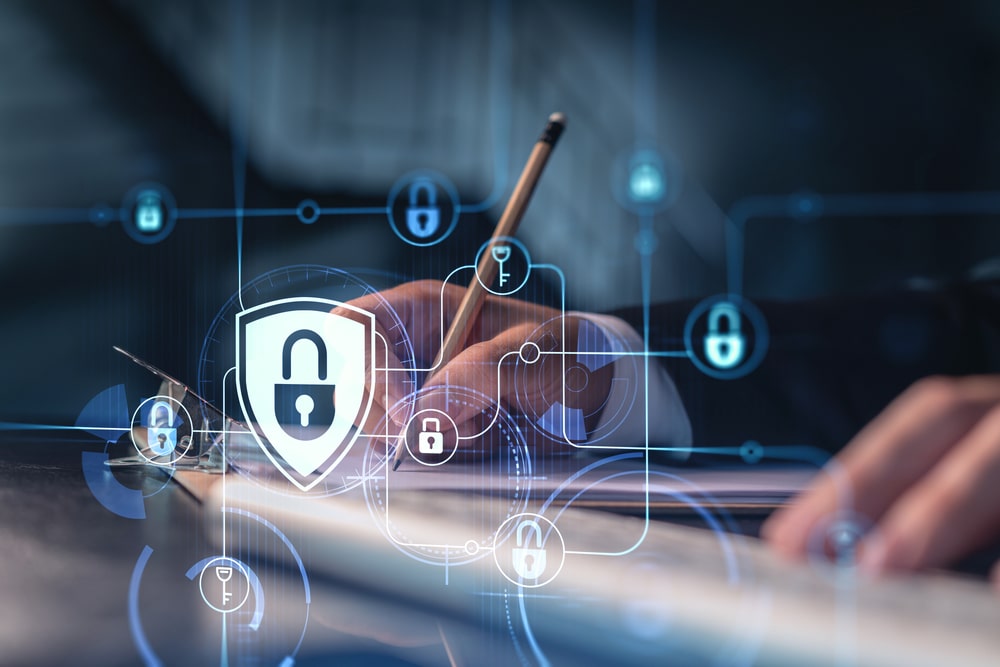
Education and Security Go Hand-in-Hand at OEd Senior High School
OEd SHS is one of the senior high schools in the Philippines offering online education. We have witnessed firsthand how much technology has changed education, which is why instead of shying away from it because of cyberthreats, it’s more important to strengthen data privacy and security in Philippine online education instead.
With secure platforms, students can freely focus on their education.
Choose an online school that prioritizes your children’s online safety as much as their education.
To learn more about our SHS programs, don’t hesitate to contact us.

